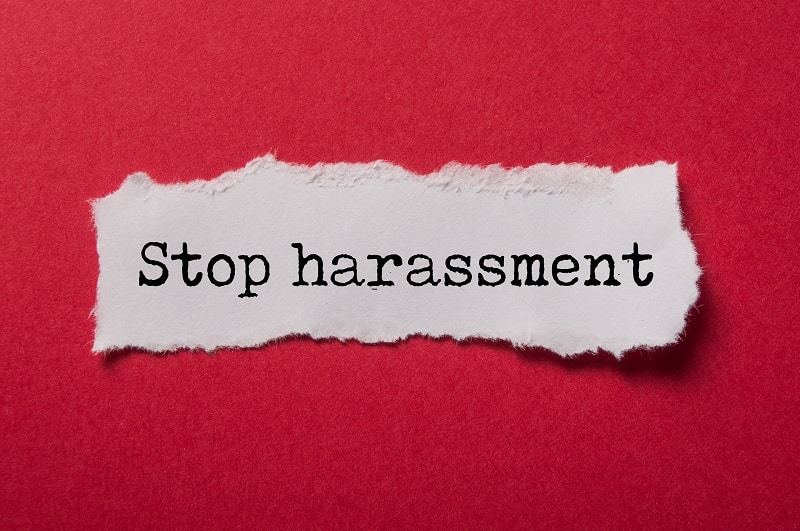Workplace harassment comes in so many different forms that it can sometimes be hard to identify. Discriminatory harassment occurs when unwelcome or offensive conduct is directed towards an individual because, at least in part, they are a member of a protected class. Here are three common forms of discriminatory harassment — and how to recognize them.

1. Racial Harassment
Racial harassment involves treating someone unfairly because of their race, skin color, citizenship, ancestry, or county of origin. A victim may also experience this type of discriminatory harassment because of attributes that are perceived to belong to a certain ethnicity, such as their customs, clothing, or accent.
Racial harassment can look like:
- Racial jokes, slurs, or insults
- Degrading comments
- Intolerance
- Refusing to hire an employee or firing an employee based on race
2. Age-Based Harassment
Age harassment is characterized by unwelcome and offensive conduct that is based on a person’s age. The Civil Rights Act of 1964 protects workers who are forty or older and makes it illegal for them to be discriminated against because of age.
Age-based harassment can include:
- Age-based jokes or comments
- Offensive cartoons and drawings
- Offensive gestures
- Assigning work based on age
3. Sex-Based Harassment
Sex-based harassment involves employers treating employees differently, or less favorably, because of their sex or because of gender stereotypes. It extends to gender identity, including transgender status, and sexual orientation.
Sex-based harassment can look like:
- Unwelcome sexual advances
- Requests for sexual favors
- Offensive remarks about a person’ sex
When is Harassment Illegal?
Harassment is deemed illegal when it is so severe or pervasive that it creates a hostile work environment or results in an adverse employment decision. Adverse employment decisions can include firing or demoting the harassment victim. Discrimination cannot play a role in any aspect of employment, including pay, job assignments, fringe benefits, and any other condition or term of employment.
If you think that you have experienced discriminatory harassment at work or during the hiring process, call 757-223-4580 today to arrange a legal consultation with attorney James H. Shoemaker, Jr. Mr. Shoemaker is a partner at Patten, Wornom, Hatten & Diamonstein, a firm with experience on the national level. He serves clients in Virginia Beach, Hampton Roads, Washington D.C., and throughout the United States.
